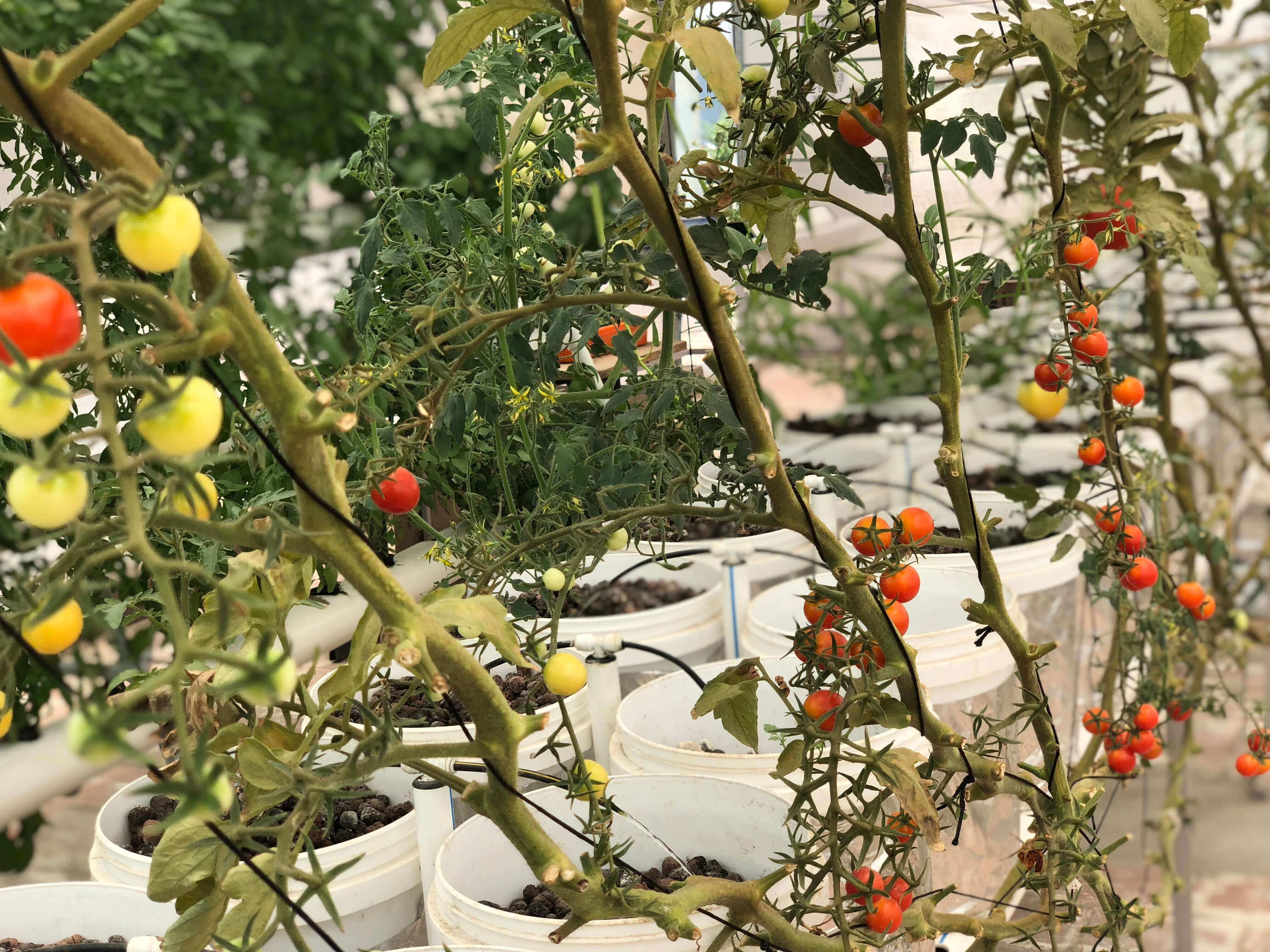
Veggies and herbs that grow in hydroponics method
Veggies and herbs that grow in hydroponics method
Growing vegetables or food crop hydroponically for yourself or family is great start towards sustainability and safety. You get to enjoy the confidence and the pride of eating food that you grew yourself, controlling all of its inputs so that you know what’s in your food. If you start to think, though, that you would like to branch out and start growing food for sale, it is important to be a bit more selective about what you grow.
Hydroponic greens are common in most marketplaces and are highly recommended by hydroponics suppliers in India. They are a staple of hydro production and chances are, you will not be able to provide a much better product in the marketplace as there are no established hydroponic growers in India. There are, however, several other crops that can be grown hydroponically and provide a much greater return than lettuce or greens and it would be great to get to know them.
Before setting out to grow any hydro crop for profit, it is important to perform a market analysis. Visit farmers’ markets, local grocery stores, and any place where folks who care about the source of their food go to shop. This is important because the vast majority of the market does not care where their food comes from. As hydroponic farming in India is fairly new not a lot of people have heard of the same or know about its benefits. This exercise will tell you what is being grown and what you can expect to charge. This varies greatly from region to region, and it should not be assumed that because one crop is profitable in one area, it will be in another.
Regardless of which crop is selected for profitability, it must have some similar characteristics if it is to be successfully marketed. It must be a crop that realizes a high yield per unit area or otherwise has a quick turnaround in its growth cycle.
The crop should be one that cannot be grown year-round in your particular region with conventional field production. It should also be apparent that the quality of the hydroponically grown crop is at least as good, if not better, than its field-grown counterpart. A few crops that you can explore that grow well in hydroponics are. Basil is a tropical crop that fares well in hot and humid climates and can be grown very well using NFT technology. Basil grows well and is a prefered crop for hydroponic farms in Tamil Nadu. The other crop that hydroponic farmers in India prefer to grow is Lettuce, this is because there is a huge captive demand for lettuces both from organised players like supermarkets as well as QSR restaurants. Lettuces which are also referred to as salad greens in India enjoy a very healthy image. India’s new middle class has recently embraced the salad culture of which lettuce forms the centerpiece. Moreover, its international appeal and the healthy image is causing a lot of micro players like local roadside eateries and sandwich shops to switch over from cabbage to lettuce. Kale Is another crop that is preferred by growers as this is a fairly new crop but offers a variety of post-processing options thereby making it a very versatile option. Kale is extremely healthy and if often referred to as a superfood. Kale is used in everything from juices to chips, in a variety of forms like dried herbs and pastes. Kale is a relatively new and is not very easy to find in supermarkets, making it an attractive crop option. Spinach or palak a is a very popular Indian green consumed throughout the country. Spinach grows very well in NFT systems and can be grown easily year round.
In conclusion greens like basil and lettuces are prefered exotic crops whereas kale is a great option for a speciality grower who would like to focus on a crop as it offers a wide variety of post-processing opportunities. Palak on the other hand is a product that is consumed across the country and finding a market for the same is very easy.

